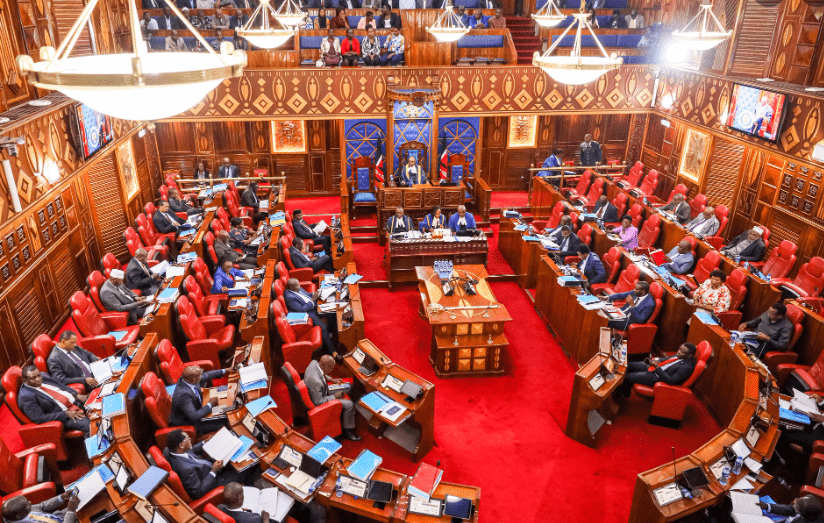MPs’ bid to set own perks rejected

The Salaries and Remuneration Commission (SRC) has blocked an attempt by Members of Parliament and the Judicial Service Commission to assume the powers to set remunerations and other allowances.
Parliamentary Service Commission (PSC) and JSC had proposed the amendments through the Statute Law (Miscellaneous Amendments) Bill of 2023, seeking to amend the PSC and JSC Acts.
MPs and judges are fighting to have control of their perks as opposed to the current position which mandates SRC to review and determine them. In a different matter, PSC sought to stop bid by the Attorney General (AG) to allocate himself powers to recruit staff in the law office.
The AG had gone ahead and established a recruitment panel in his office, a mandate vested on the PSC.
But appearing before the Justice and Legal Committee of the National Assembly yesterday, SRC dismissed the proposed changes as unconstitutional and urged Parliament to shoot them down.
The Lyn Mengich-led commission observed that the proposals sought to provide additional functions for PSC. “While Parliament is mandated by law to confer additional powers and functions to PSC, such additional powers and functions must be in line with the mandate of PSC and ought to take into account other provisions of the Constitution,” SRC argued.
“There is no way we can allow one state entity to set its own remuneration considering we all draw from the same kitty,” Mengich (pictured) said. If enacted, the new law will contravene provisions of Article 230 of the Constitution which vests SRC with the exclusive mandate to set and regularly review the remuneration and benefits for all State officers, including MPs.
Defending its position, JSC stated that the remuneration and benefit enjoyed by judges, judicial officers, and staff is a key ingredient of the independence of the Judiciary and should therefore be determined in a manner that safeguards that element.
“This is the reason, for instance, the Constitution requires that the remuneration benefits payable to a judge shall be a charge on the Consolidated Fund, and shall not be varied to the disadvantage of that judge,” said Paul Maina, Deputy Registrar of the Judiciary.












